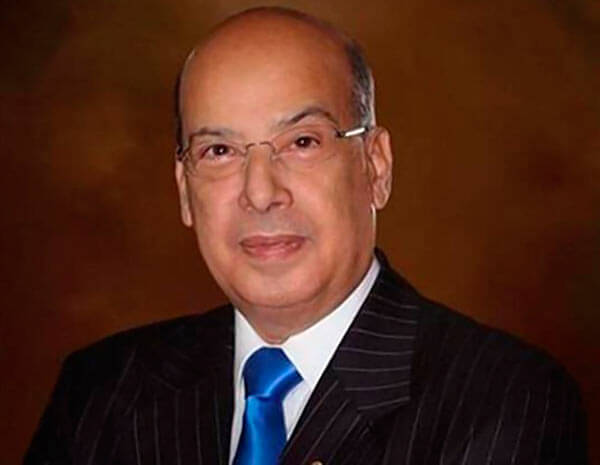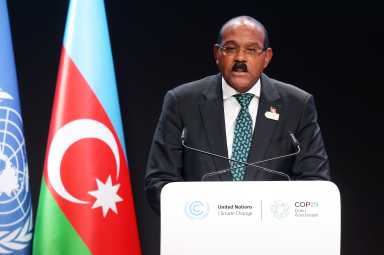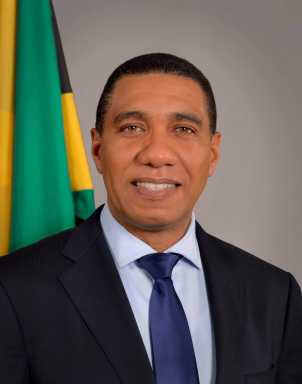Listeners:
Top listeners:
-
play_arrow
RadioJLR Just Press Play
Since being sworn in as Secretary of State in late January, Secretary of State Marco Rubio has made himself available to meet with nations in the US’s geographic axis, discussing a range of issues including energy security and controversial allegations from Washington that the region is helping Cuba traffic medical professionals by directly paying the Cuban government instead of the doctors and nurses themselves among others.
Last month, he flew to Jamaica for meetings with Prime Minister Andrew Holness and colleagues from Barbados and Trinidad before heading south to meet with the presidents of Guyana and neighboring Suriname.
Now, a second set of meetings is being arranged and this time, it will involve those who missed out on the last occasion. Antiguan Prime Minister Gaston Browne and his US Ambassador Ronald Sanders announced this week that leaders from the six independent nations in the Organization of Eastern Caribbean States (OECS) and The Bahamas will fly to Washington on May 6 for their chance to unload the plethora of problems the Trump administration has dumped on the region via a radical set of policies being implemented at the moment.
The OECS is a sub-grouping of the 15-nation Caribbean Community. It is unclear if Belize has also been invited or whether it will attend as a Central American nation when their turn comes.
Regional leaders have made no pretenses about their discomfort with policies from Washington, including the new bilateral tariff structure that could raise prices and hamper exports, threats to revoke the visas of government officials involved in the Cuban medical brigade scheme and plans for mass deportations among other complaints.

In his weekly syndicated column this week, Ambassador Sanders, lauded Rubio’s engaging approach to the region and his willingness to meet and listen to complaints. “Such early, sustained engagement signals that the region’s counsel carries weight. In diplomacy, there is no substitute for dialogue, especially when new policies are being cast. These meetings, therefore, are vital,” he argued.
Leaders have stated that they are particularly concerned about how the new tariff structure will affect the 1983 Caribbean Basin Initiative (CBI) and the Caribbean Basin Economic Recovery Act (CBERA) scheme that President Ronald Reagan had initiated to allow largely for duty free exports from the region.
“The new tariffs announced on April 3, argues Sanders, cast a shadow over those preferences. No one yet knows whether CBERA’s hard-won relief survives intact or has been diminished in the flood of duties.”
Since taking office on Jan. 20, administration officials have also focused on Cuban medical professionals working in the region, a situation that has clearly angered officials because Washington has threatened to ban travel to the US in retaliation.
Several leaders and top officials have since invited the US to go ahead and take away their visas because the medical program is a lifeline to CARICOM and because the US has offered nothing in return.
There are thousands of Cuban professionals in the region with Jamaica and Guyana being among the largest recipients totaling in excess of 1,000 alone. “CARICOM’s reliance on Cuban medical personnel is born not of ideology but of necessity. Our own doctors and nurses, trained at public expense, are routinely drawn away by richer countries including the US. What remains is a healthcare vacuum that Cuban professionals have helped to fill,” argued Sanders.
Trade between the US and the region allows the US to have a near $6 billion trade surplus but how the new tariff structure will affect the CBI/CBERA and trade going forward is left to be seen, officials say.
Written by: Adm
Similar posts
© 2025. All Rights Reserved by Radio-JLR



